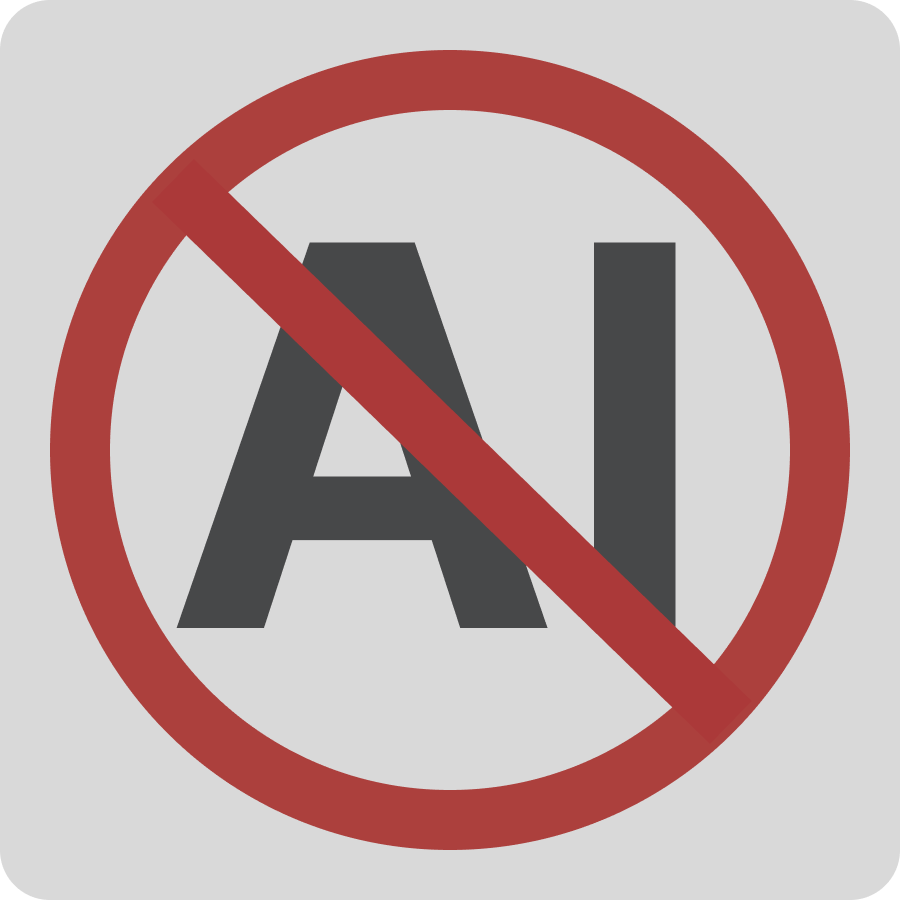We Cannot Trust AI to Create Recipes

If you ask any chatbot today to generate a recipe, within less than a minute you'll have a list of ingredients and step-by-step instructions for preparing the dish. But can we trust this AI-generated recipe? The answer is: we can't.
This isn't about being anti-technology or dismissive of AI's capabilities. We're an AI company ourselves, and we understand both the power and limitations of these systems. But when it comes to recipe generation, the fundamental nature of how AI works makes it unsuitable for creating reliable and safe cooking instructions.
The problem isn't that AI isn't “smart” enough - it's that recipes aren't just generated words. They're the result of cooks and teams refining, testing, and retesting until the process works every time. And that is something AI simply cannot replicate.
The Same Recipe Requested, Different Results Every Time
Let's start with the simplest issue: ask any chatbot for the same recipe several times, and you'll get completely different results each time. Try it yourself - request "chocolate chip cookies" from ChatGPT, then ask again in a few minutes, and again in an hour or tomorrow, use the same exact wording - The ingredients will vary, the measurements will differ, and the instructions will change.
This happens because AI systems are non-deterministic by design. They don't retrieve stored recipes; they generate new text each time based on probability patterns in their training data.
What seems like a helpful feature - endless recipe variations - is actually revealing a fundamental flaw.
Trained on the World Wild West of Internet Recipes
AI systems are trained on massive datasets scraped from the internet - everything from scientific papers about astronomy to someone's untested dorm room brownie experiment posted on Reddit.
To the AI, a peer-reviewed study about stellar formation and a recipe that calls for "a handful of flour" may carry equal weight.
This creates a fundamental problem: the internet is full of recipe failures. personal experiments that were never actually tested. Home cooks share family recipes with missing steps or wrong measurements. Recipe sites that prioritize discoverability (SEO) over accuracy, publishing variations that exist only to capture search traffic.
When AI generates a recipe, it's drawing from this unreliable mix - combining elements from tested cookbook recipes with untested experiments. The result is a recipe that might work for extremely simple dishes, but will likely fail completely, produce results far from what you expected, or in some cases, be unsafe.
Always Confident, Never Says 'I Don't Know’
When was the last time you asked a chatbot a question and received "I don't know" as an answer? Probably never. AI systems are designed to always provide responses, even when they lack the knowledge to do so safely.
This creates dangerous overconfidence in recipe generation. AI will confidently suggest ingredient combinations that have never been tested, invent cooking techniques that don't work, and ignore basic food safety principles - all while presenting these suggestions with the same authority as established culinary knowledge. This is what's called AI hallucination.
The result? Responses that sound authoritative but produce inedible results, or worse, unsafe food. The confidence is fake, but the kitchen disasters are real.
A Shout-Out to our Human Recipe Developers
Behind every reliable recipe is a cook or a team who tested it multiple times, adjusted the seasoning, fixed the timing, and probably threw out a few failed attempts along the way.
They understand food safety, respect ingredient chemistry, value consistency over speed, and keep home cook success at the top of mind.
Most importantly, they stake their reputation on recipes that actually work. When you follow a tested recipe from a trusted developer, you're benefiting from hours of refinement and genuine expertise.
That is something AI cannot replicate or replace - and something worth preserving in our rush toward automation.